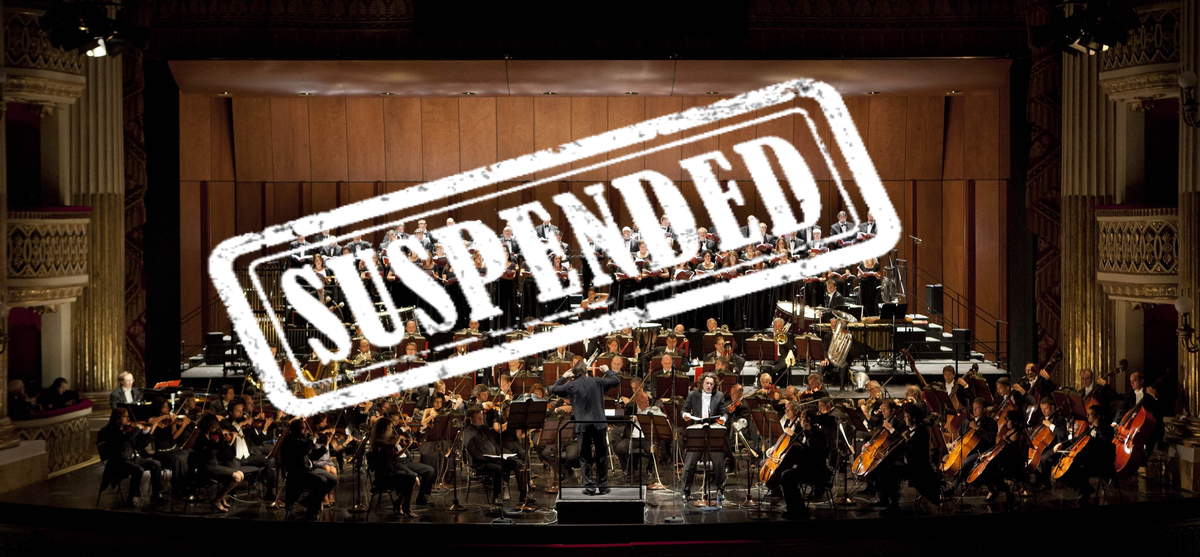- info(...)hotelchiaia.it
- +(39) 081415555
- +(39) 081422344

Giuseppe Verdi
LA TRAVIATA
Conductor | Stefano Ranzani
Stage Director | Lorenzo Amato
Set Design | Ezio Frigerio
Costume Design| Franca Squarciapino
Interpreters
Violetta Valéry | Albina Shagimuratova / Nino Machaidze / Maria Grazia Schiavo
Flora Bervoix | Mariangela Marini / Cinzia Chiarini
Annina | Michela Petrino
Alfredo Germont | Francesco Demuro / Ivan Magrì
Giorgio Germont | Amartuvshin Enkhbat / Giovanni Meoni
Gastone | Lorenzo Izzo / Enrico Zara
BaronDouphol | Nicola Ebau
Marquis d'Obigny | Nicolò Ceriani
Doctor Grenvil | Francesco Musinu
Orchestra, Chorus and Ballet of Teatro di San Carlo
Production of Teatro di San Carlo
SERIE CREMISI (RED)
Saturday 24 October 2020, h 20.00
Sunday 25 October 2020, h 17.00
Tuesday 27 October 2020, h 20.00
Wednesday 28 October 2020, h 18.00
Production out of Subscription
Sung in Italian with Italian and English surtitles
Durata: 2 hours and 50 minutes with intermission
Still today in Paris, flowers are placed on Marguerite Gautier's grave, the protagonist, who really existed, of Alexandre Dumas son's La dame aux camélias from which Verdi, together with his librettist F. M. Piave, derived the libretto of la Traviata. It is no coincidence that the work, based on a rather taboo subject for that time, saw the light in Venice where censorship had already been tolerant with Verdi accepting the boldness of Ernani and Rigoletto. For various reasons (including the inadequacy of the singers) the work was a resounding failure at the premiere, but then became one of the most represented Italian operas of all time. On a musical level, La Traviata is in many ways the last ‘bel canto' opera by Verdi and marks the passage from the model of the early nineteenth century, based on an idealized vocal dimension, to the new more ‘realistic' path that Verdi himself would follow in the second half of the century. Third work of the so-called "popular trilogy" (together with Trovatore and Rigoletto), Traviata is perhaps the densest score of psychological interiorities of all the romantic opera theatre. The violent passions of the previous works are transformed into subtle and often refined notations of feelings, of pain, of tenderness, of love, of resignation.